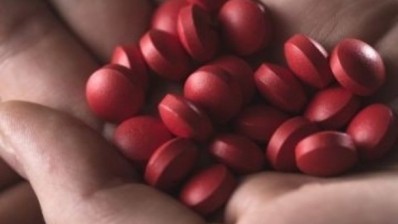Student’s start-up supplement bars help reduce anaemia in Indian women

Anaemia in India affects more than 600m people, with the nation’s high prevalence largely due to the vegetarian diet.
Iron-deficiency anaemia can cause fatigue, pregnancy complications and heart problems.
According to study authors, writing in the American Journal of Clinical Nutrition. iron-fortified foods offer a more attractive alternative to supplements, but large-scale production and distribution has often proven unstable unsustainable.
Duke medical student and lead author Rajvi Mehta developed the supplement bar, which contains the World Health Organization's daily recommended dose of iron.
In 2011, Mehta worked with nutritionists and physicians in India to establish a social venture called Let's Be Well Red (LBWR) to begin large-scale production of the bars.
The study, conducted from March-August 2014 in Mumbai and Navi Mumbai, India, involved 179 anaemic non-pregnant participants of reproductive age in 10 demographically diverse sites. The sites were then randomly placed in either a control group or an intervention group with the latter receiving one iron supplement bar daily for 90 days.
Each group underwent three blood tests during the 90-day follow-up period to measure their haemoglobin and haematocrit. It was a rare study to examine changes in haematocrit as an outcome in an Indian population.
"We are encouraged by the results of this study which show a positive connection between consuming an iron-fortified nutrition bar and a reduction in anaemia prevalence," said Elizabeth Turner, study author and assistant professor of biostatistics and global health at Duke. "It appears to be a practical and well-tolerated solution to a significant health challenge in India."
Mehta developed the supplement bar after winning a $50,000 grand prize from a Duke start-up challenge as a medical student.
In 2011, Mehta worked with nutritionists and physicians in India to establish a social venture there called Let's Be Well Red (LBWR) to begin large-scale production of the bars.
Let's Be Well Red is currently operating in three locations in India and produces 100,000 bars each year that it distributes throughout the country.

















